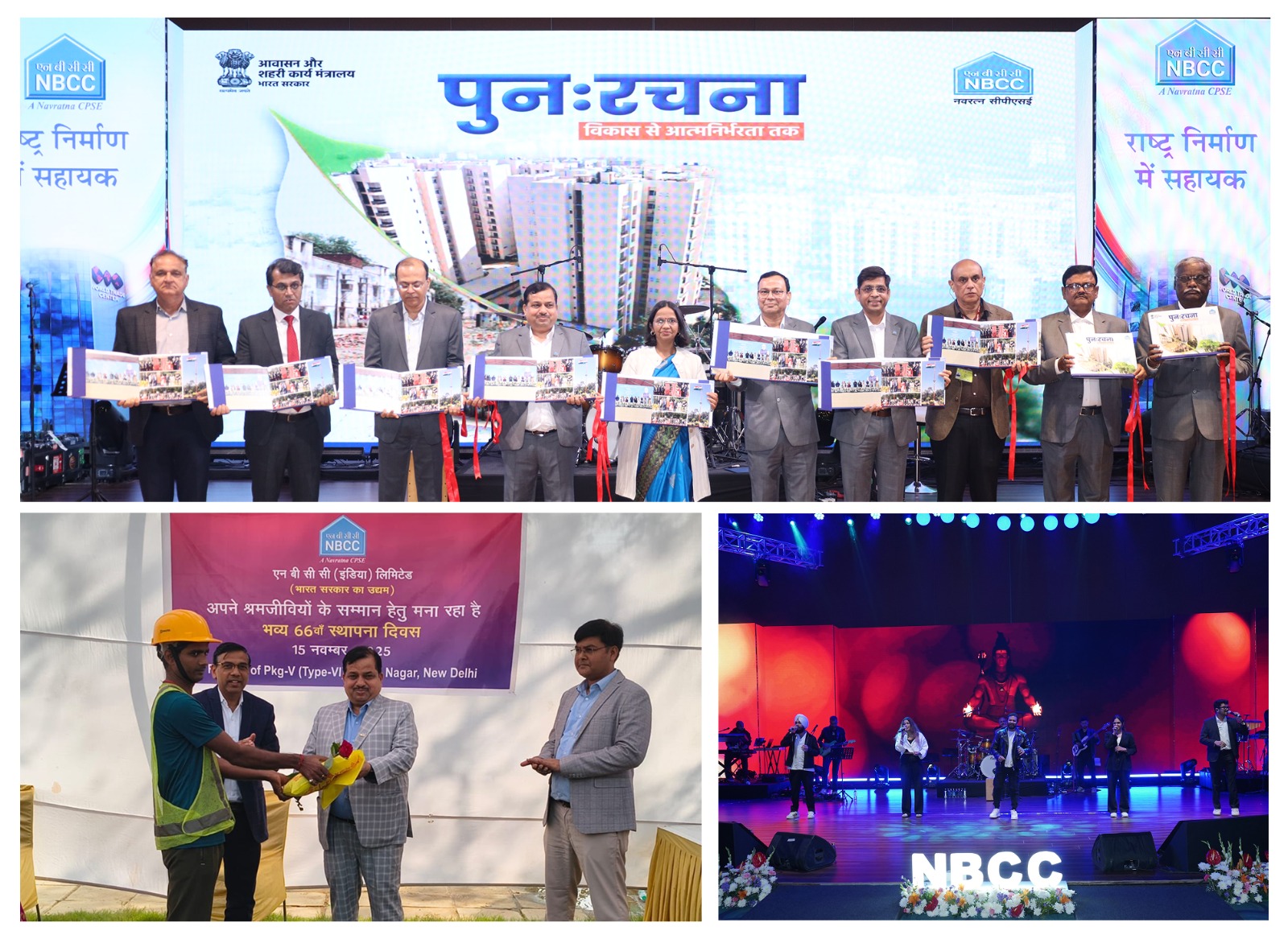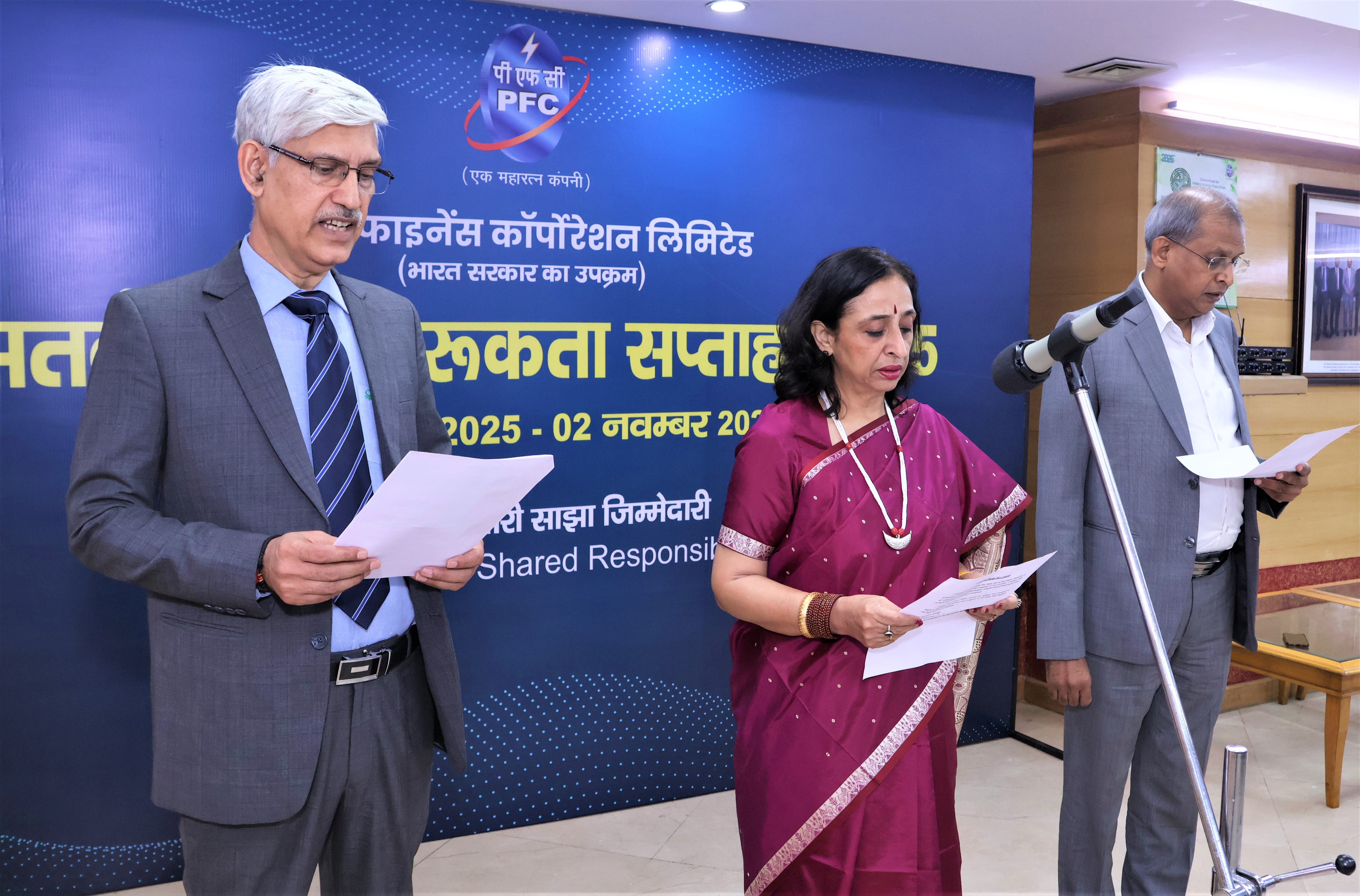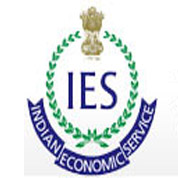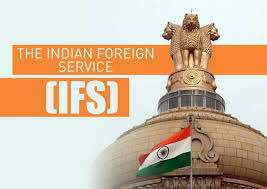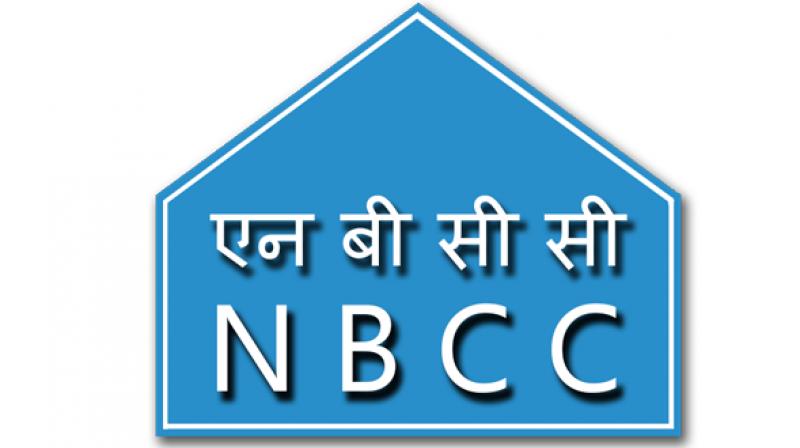Dr. Jitendra Singh, inspected Microbe Repository and other facilities at the CSIR-Institute of Microbial Technology (CSIR-IMTECH) here and also took an update on the ongoing projects in the institute.
During the review, Dr. Jitendra Singh highlighted that microbial technology is a crucial pillar of biotechnology, emphasizing its growing significance in shaping the next generation industrial revolution.
Dr. Jitendra Singh credited Prime Minister Narendra Modi for the groundbreaking New BioE3 Policy, which places a renewed focus on biomanufacturing and bio foundries. He underscored India's rapid progress in the biotech sector, stating, “India’s bioeconomy has witnessed an extraordinary surge from $10 billion in 2014 to over $130 billion in 2024, with projections to reach $300 billion by 2030.”
The Minister also recalled the recent launch of India’s first indigenous antibiotic, Nafithromycin, developed to combat resistant infections. He noted that the number of biotech startups in India has grown exponentially from just 50 in 2014 to nearly 9,000 today, solidifying India's position as a global hub for biotech innovation. Furthermore, he informed that India now ranks third in the Asia-Pacific region and 12th globally in bio-manufacturing, underscoring the increasing importance of CSIR-IMTECH in driving pioneering research in microbial genetics, infectious diseases, fermentation technology, environmental microbiology, and bioinformatics.
CSIR-IMTECH, a premier research institute in microbial biotechnology, hosts a repository of over 14,000 microbial strains through its Microbial Type Culture Collection and Gene Bank (MTCC). This national repository not only provides authenticated cultures to researchers and industries but also supports key regulatory authorities, including IPC, BIS, and NBA, in microbe-related concerns. The institute is at the forefront of harnessing microbial resources for scientific and industrial applications, addressing unmet needs in healthcare, pharmaceuticals, agriculture, and environmental sciences.
Connecting virtually with CSIR-Institute of Himalayan Bioresource Technology (CSIR-IHBT), Palampur, Dr. Singh inaugurated several new facilities and participated in critical scientific discussions. He joined the EMBO Workshop on High Elevation Plant Adaptation in a Changing Climate (HEPACC) and the Industry, Farmer & Academia (IFA) Meet, emphasizing that such initiatives reflect the Government of India’s commitment to scientific advancement, economic empowerment, and sustainable agriculture.


